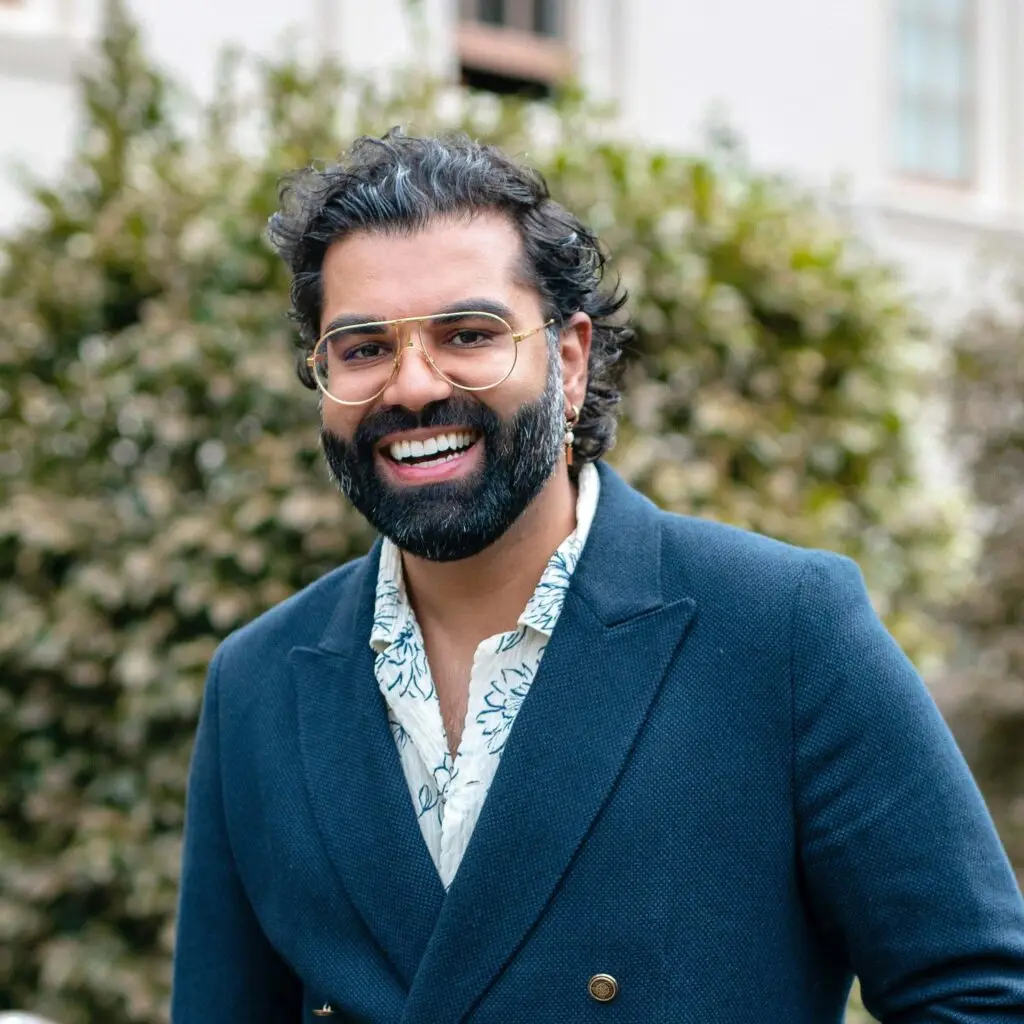Content warning: This article discusses gendered violence.
Netflix’s Adolescence has become one of Australia’s most-watched series on the streaming platform. It’s spawned global commentary on the way it depicts how boys are radicalised into misogynistic thinking, in one case through what different emojis on smartphones mean for the male ego. Some of the thinkpieces have gone as far as to suggest technology is creating a generation of men who hate women.
Technology also presents us with an opportunity to bring more men into the fight against misogyny and create a new norm of respect. After all, what Adolescence depicts isn’t new. The storyline may be fictional but ask any woman to share some of her life’s experiences and she’ll be able to tell you that misogyny, sexism, and patriarchal ideologies aren’t a tale as old as time.
But they are being propagated differently and a lot faster than ever before. Today, they’re amplified by algorithms, disguised as self-help by grifting influencers and reaching young men faster than ever. All of this gives those like me who work in this area cause for concern, but it also presents an opportunity to do things differently and in ways that might actually help address the troubling rates of men’s violence against women.
We all agree that we want and need more men to be part of the solution.
But such endeavours must go beyond platitudes. Online spaces are increasingly where young people are forming their views of the world and of themselves. For millennials like me, we’re the last generation that will have ever inhabited a world without the internet.
Things are different now, and it’s not just that we can get our new weekend outfits delivered in record time. We need to be doing more to meaningfully engage with the complexity of young people’s digital lives. We know the consequences of not engaging – we lose the opportunity to support men to understand important lessons about respect, consent, emotional intelligence, and equality.
Of course, this benefits women and gender diverse people. But it actually helps to liberate boys and men from the prison of social expectations that are placed upon them. The notion that men have to always be the “provider”, to always be “strong” and “dominant”.

As someone who works in the space of gender equality and prevention, I see the damage when boys are taught that rigid stoicism is strength and being rejected is a weakness or character flaw that makes them less of a “man”. But I also see the uplifting power of learning new things when we create spaces where men can talk honestly, share their fears and vulnerabilities, and challenge rigid definitions of masculinity.
When it comes to dating, this is significant. The truth is, a woman’s “no” should never feel like a threat to a man’s identity. Yet, separation and rejection remains one of the single most dangerous times for a woman. My sister Niki was murdered when she rejected a man. Since, we’ve heard countless stories of women receiving the exact same horrific fate. All because a man couldn’t take “no”.
Dating apps, like Bumble, are at the frontlines of modern relationships. That means we have a unique responsibility, and opportunity, to build safer spaces, and it starts with accountability.
Gen Z is already demanding it. Respect isn’t optional, Bumble data found that 96% of Gen Z say it’s non-negotiable when choosing which dating app to use. Safety features aren’t just nice-to-haves – 80% of Gen Z say these tools directly influence their decision to download and use a dating app.
Bumble’s safety tools, like ID Verification, empower daters to feel confident in who they’re connecting with. These aren’t just product features, they’re signals that someone values trust, transparency, and shared respect. That matters.
For the young men who are drawn to some outdated notion of “alpha males”, this generation isn’t looking for that. They’re looking for authenticity. That means experiencing and demonstrating the full human experience. Sometimes, that means being strong. But other times, that means men who listen, show up, and challenge harmful norms. And they do this not just for women or to “score”, but for themselves too.
Masculinity shouldn’t be about domination. It’s about showing up. Being an authentic man means being part of a cultural shift that values care, respect, and connection. But instead of more moral panic, let’s use shows like Adolescence as a wake-up call and a rallying cry that ending men’s violence requires men to be part of the solution.
If you or anyone you know is affected by domestic, family or sexual violence and needs support, please call 1800 RESPECT. For mental health support, contact Lifeline on 13 11 14 or Beyond Blue.
Top photo source: Netflix

